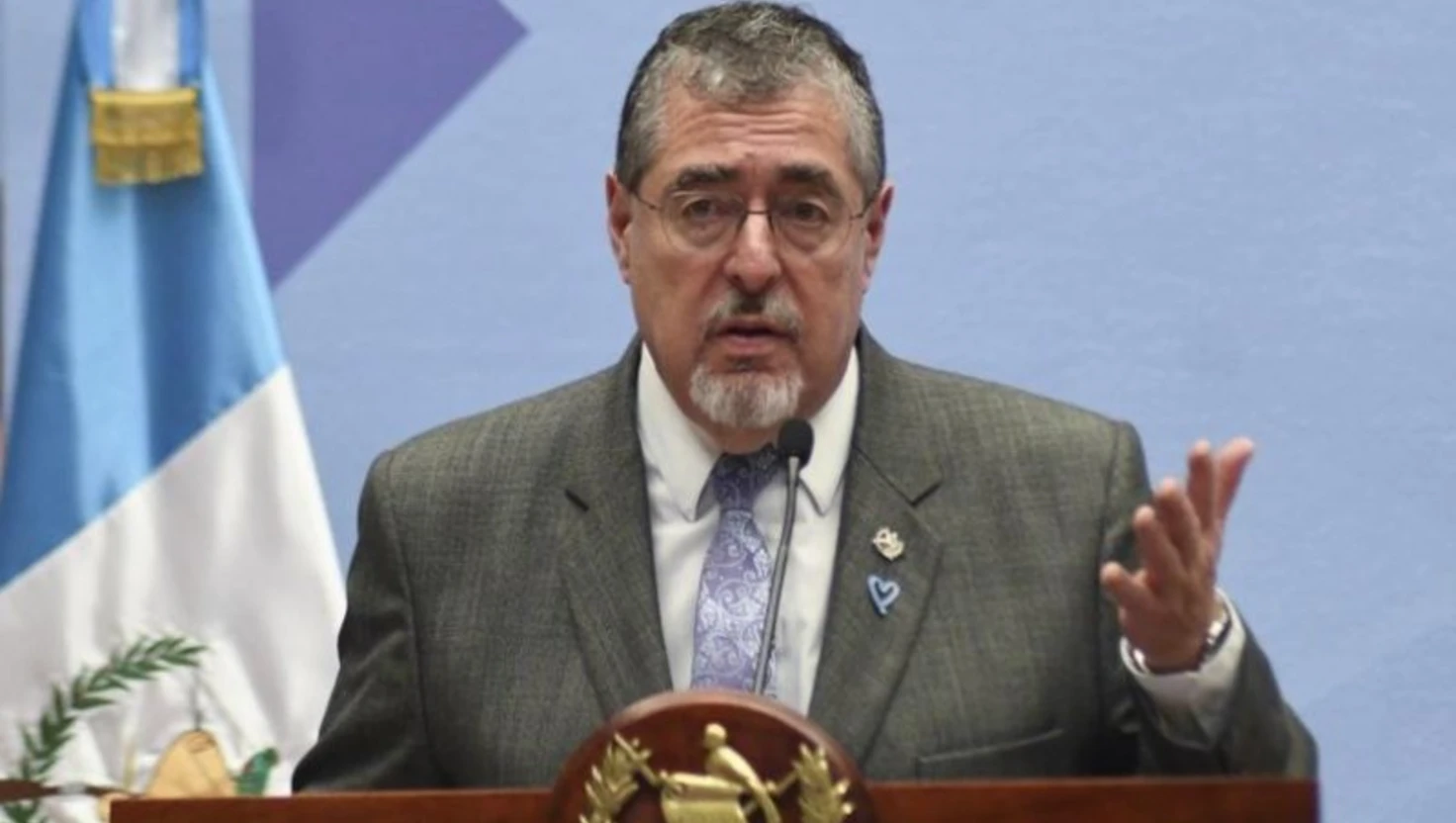Canada Arrests Businessman for Illegally Exporting Banned Technology to Russia

Canadian authorities arrest Toronto man for violating sanctions by exporting restricted technology to Russia. Charges filed under federal sanctions law.
Canadian authorities arrest Toronto man for violating sanctions by exporting restricted technology to Russia. Charges filed under federal sanctions law.
A Canadian national has been charged with violating sanctions imposed under the Special Economic Measures Act for the unauthorised export of restricted technology to Russia. Anton Trofimov, 43, of Toronto, was arrested following a three-year investigation by the RCMP’s Sanctions Unit.
According to a statement released on 6 June 2025, Trofimov faces three criminal charges, including the export of goods listed under Canada’s restricted technologies schedule and possession of proceeds obtained through crime.
Trofimov made his first appearance before the Ontario Court of Justice in Toronto on 22 May 2025.
Charges and Legal Framework
The charges stem from alleged violations of the Special Economic Measures (Russia) Regulations, which prohibit Canadian entities and individuals from trading in sensitive goods and technologies with Russia. The regulations form part of Canada’s broader sanctions regime, introduced in response to international security concerns.
Specifically, Trofimov is accused of unlawfully exporting items from Schedule 7 of the sanctions list, as well as other technologies listed under Canada’s Restricted Goods and Technologies framework. These offences fall under Section 8 of the Special Economic Measures Act. He is also charged under Section 354(1) of the Criminal Code of Canada for possessing property obtained through criminal activity.
Authorities Highlight National Security Risks
Chief Superintendent Chris Leather of the RCMP’s Central Region emphasised the broader implications of such violations: “Canada’s sanctions are a critical component to our economic security, and these types of violations pose serious risks in maintaining international peace and global security.”
The RCMP highlighted the importance of ensuring that Canadian exports do not end up in sanctioned jurisdictions. Leather added that the force “will continue to pursue individuals or groups who attempt to profit from illegal trade.”
International Collaboration
The RCMP confirmed that the arrest was the result of extensive cooperation between Canadian and international agencies. These included Global Affairs Canada, the Canada Border Services Agency (CBSA), the Financial Transactions and Reports Analysis Centre of Canada (FINTRAC), the United States Department of Commerce’s Bureau of Industry and Security, and the Federal Bureau of Investigation (FBI).
Brett D. Skiles, Special Agent in Charge of the FBI’s Miami Field Office, stated: “This arrest is an example of how close collaboration with our Canadian partners can result in significant impact such as disruptions to Russia’s attempts to evade U.S. and Canadian sanctions.”
The CBSA’s Director General of Intelligence and Investigations, Daniel Anson, added: “This arrest demonstrates both the importance of the CBSA’s ongoing work to interdict the proliferation of strategic Canadian technology and the crucial cooperation between the CBSA and RCMP.”
Sanctions Enforcement in Canada
The Special Economic Measures Act allows Canada to impose economic restrictions in coordination with international partners or in response to foreign threats. Enforcement of the sanctions regime is handled by the RCMP, alongside the Public Prosecution Service of Canada, which is overseeing the case against Trofimov.
Canada’s sanctions against Russia have intensified since 2014, with expanded restrictions following Russia’s 2022 invasion of Ukraine. The current sanctions prohibit a wide range of goods, services, and financial transactions with Russian entities.
Context
Canada is part of a multilateral effort, alongside partners in the G7 and European Union, to restrict the flow of strategic goods and financial resources to the Russian Federation. These measures are aimed at undermining Russia’s military capabilities and restricting its access to global markets.
In recent years, both the United States and Canada have increased oversight of technology exports, citing growing concerns about their use in circumventing international sanctions. Offences under Canadian sanctions law carry significant penalties, including imprisonment and substantial fines.
Public Cooperation Encouraged
Authorities have encouraged members of the public to report suspected violations of Canadian sanctions laws. Tips and information may be submitted to the RCMP’s Federal Policing Intake Unit by email.
The investigation into the full scope of the alleged exports remains ongoing.
According to a statement released on 6 June 2025, Trofimov faces three criminal charges, including the export of goods listed under Canada’s restricted technologies schedule and possession of proceeds obtained through crime.
Trofimov made his first appearance before the Ontario Court of Justice in Toronto on 22 May 2025.
Charges and Legal Framework
The charges stem from alleged violations of the Special Economic Measures (Russia) Regulations, which prohibit Canadian entities and individuals from trading in sensitive goods and technologies with Russia. The regulations form part of Canada’s broader sanctions regime, introduced in response to international security concerns.
Specifically, Trofimov is accused of unlawfully exporting items from Schedule 7 of the sanctions list, as well as other technologies listed under Canada’s Restricted Goods and Technologies framework. These offences fall under Section 8 of the Special Economic Measures Act. He is also charged under Section 354(1) of the Criminal Code of Canada for possessing property obtained through criminal activity.
Authorities Highlight National Security Risks
Chief Superintendent Chris Leather of the RCMP’s Central Region emphasised the broader implications of such violations: “Canada’s sanctions are a critical component to our economic security, and these types of violations pose serious risks in maintaining international peace and global security.”
The RCMP highlighted the importance of ensuring that Canadian exports do not end up in sanctioned jurisdictions. Leather added that the force “will continue to pursue individuals or groups who attempt to profit from illegal trade.”
International Collaboration
The RCMP confirmed that the arrest was the result of extensive cooperation between Canadian and international agencies. These included Global Affairs Canada, the Canada Border Services Agency (CBSA), the Financial Transactions and Reports Analysis Centre of Canada (FINTRAC), the United States Department of Commerce’s Bureau of Industry and Security, and the Federal Bureau of Investigation (FBI).
Brett D. Skiles, Special Agent in Charge of the FBI’s Miami Field Office, stated: “This arrest is an example of how close collaboration with our Canadian partners can result in significant impact such as disruptions to Russia’s attempts to evade U.S. and Canadian sanctions.”
The CBSA’s Director General of Intelligence and Investigations, Daniel Anson, added: “This arrest demonstrates both the importance of the CBSA’s ongoing work to interdict the proliferation of strategic Canadian technology and the crucial cooperation between the CBSA and RCMP.”
Sanctions Enforcement in Canada
The Special Economic Measures Act allows Canada to impose economic restrictions in coordination with international partners or in response to foreign threats. Enforcement of the sanctions regime is handled by the RCMP, alongside the Public Prosecution Service of Canada, which is overseeing the case against Trofimov.
Canada’s sanctions against Russia have intensified since 2014, with expanded restrictions following Russia’s 2022 invasion of Ukraine. The current sanctions prohibit a wide range of goods, services, and financial transactions with Russian entities.
Context
Canada is part of a multilateral effort, alongside partners in the G7 and European Union, to restrict the flow of strategic goods and financial resources to the Russian Federation. These measures are aimed at undermining Russia’s military capabilities and restricting its access to global markets.
In recent years, both the United States and Canada have increased oversight of technology exports, citing growing concerns about their use in circumventing international sanctions. Offences under Canadian sanctions law carry significant penalties, including imprisonment and substantial fines.
Public Cooperation Encouraged
Authorities have encouraged members of the public to report suspected violations of Canadian sanctions laws. Tips and information may be submitted to the RCMP’s Federal Policing Intake Unit by email.
The investigation into the full scope of the alleged exports remains ongoing.

Guatemala modernizing money laundering laws to avoid international sanctions
Guatemala's government has proposed new legislation to modernize money laundering laws and prevent international financial sanctions.
| 2025-08-01

Turkish Crypto Platform ICRYPEX Under Investigation for Money Laundering
Assets of Turkish cryptocurrency platform ICRYPEX seized in money laundering investigation, involving owner Gökalp Içer, according to official reports.
| 2025-08-01

Italy seizes €486 000 in investigation into money laundering
The European Public Prosecutor’s Office has seized €486,000 in Italy amid a probe into suspected fraud and money laundering involving EU recovery funds.
| 2025-07-31

UK Sounds Alarm on New Money Laundering and Terrorist Financing Threats
The UK's 2025 money laundering risk assessment reveals growing threats from property, cryptocurrencies, and alternative payment systems, urging urgent reforms.
| 2025-07-31

AML Bitcoin founder Sentenced to 7 Years for Money Laundering
US cryptocurrency founder Rowland Marcus Andrade sentenced to seven years for defrauding investors in AML Bitcoin scheme and laundering over $2 million.
| 2025-07-31



